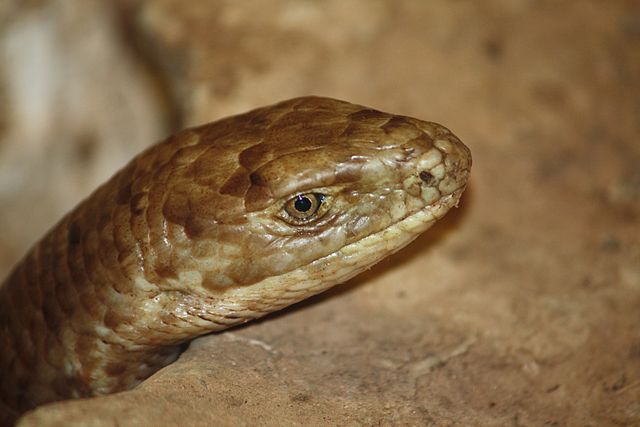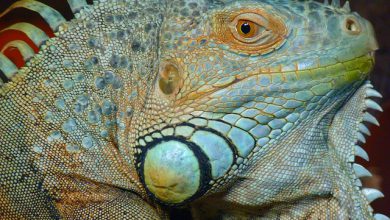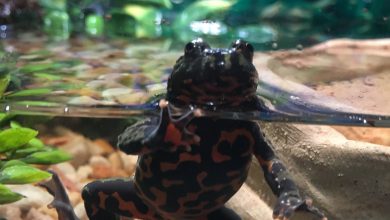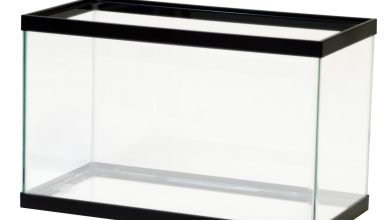Really? A Legless Lizard is Not a Snake?

The European legless lizard is a somewhat misunderstood exotic pet. After all, what else is there to separate a snake from a lizard if not a lack of legs? Quite a few things, it turns out.
Yes, legless lizards and snakes are both reptiles. And yes, neither of them has legs. But they are quite different animals.
Take a look at what makes a legless lizard uniqueâ¦
Movable eyelids
One of the features that distinguishes legless lizards from snakes is their ability to blink. Yes, Iâm being serious.
It may seem like a simple thing, but snakes have fused eyelids that they cannot blink. Legless lizards, on the other hand, have movable eyelids.
But not so movable skulls
Snakes have a feature called kinetic skulls. It basically means that the bones in their heads can move quite a bit, which is in part what allows snakes to open their jaws so wide to capture and swallow prey.
A legless lizard cannot do this. Thatâs okay, though. Their diet, as youâll see, is a bit different from snakes, so they donât mind.
Mostly insectivores
In the wild, European legless lizards tend to eat a lot of snails and slugs, but these are hard to find parasite-free sources for. For domestically kept lizards, you can feed them many of the same feeder insects as other lizards.
They do well with crickets, roaches, and superworms, for instance. You can also feed your legless lizard ground meat, such as a high-quality dog food, and scrambled eggs.
Photo by Snake Discovery
You can watch a full video of a European legless lizard eating canned dog food below:
External ear openings
Anyone who has kept snakes knows that these reptiles have no visible ear holes. Legless lizards do, though. You can easily see the external ear openings on a legless lizard, just like lizards with legs.
No belly scutes
If you look at the underside of a snake, you will see runglike, wider scales that are different from the scales on the rest of their bodies. These specialized scales are called scutes. Legless lizards do not have scutes on their underside.
Scales that donât overlap
Speaking of scales, even the regular scales on a legless lizard are different from those on a snake. Snakesâ scales are overlapping. For this lizard, that is not the case.
Short body, long tail
Although a snake looks like one long tail, theyâre not. In actuality, a snake has a very long spine that comprises the main part of its body. But a legless lizard has a relatively short body, more like the length of other lizards. The rest of its length is comprised of its very long tail.
Interestingly, legless lizards can drop their tail when threatened, just like many other lizard species. You will never see a snake do that.
Rigid skin
Compared to a legless lizard, a snakeâs skin is quite soft and flexible. If you pick up and handle one of these lizards, on the other hand, you will find their exterior to be like tough armor.
So how do they breathe or expand their bodies at all with this rigid exterior? Unlike snakes, they have a lateral groove, which is where their torso is able to expand.
You can see the lateral groove on the side of the lizard pictured above. The lateral groove only exists on the main body of the lizard and is not present on its tail, making it easy to see just how long their tail really is.
If youâre interested in knowing more about legless lizards, come into The Tye-Dyed Iguana in Fairview Heights and check out ours.



